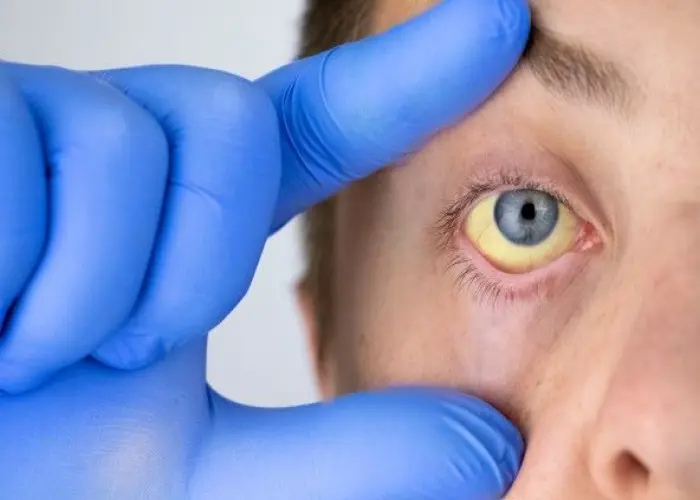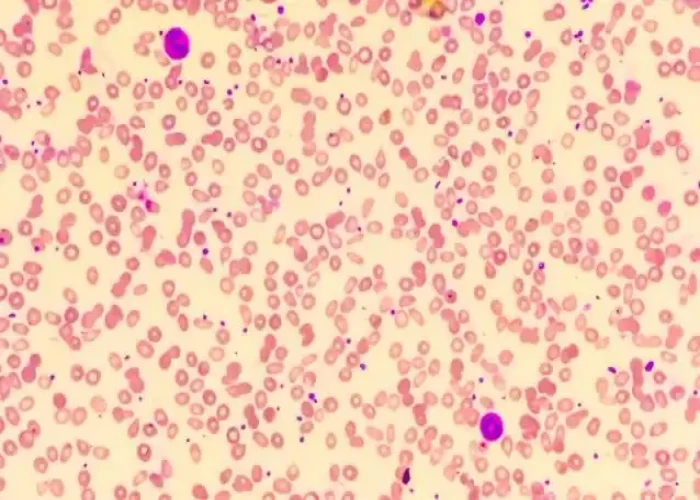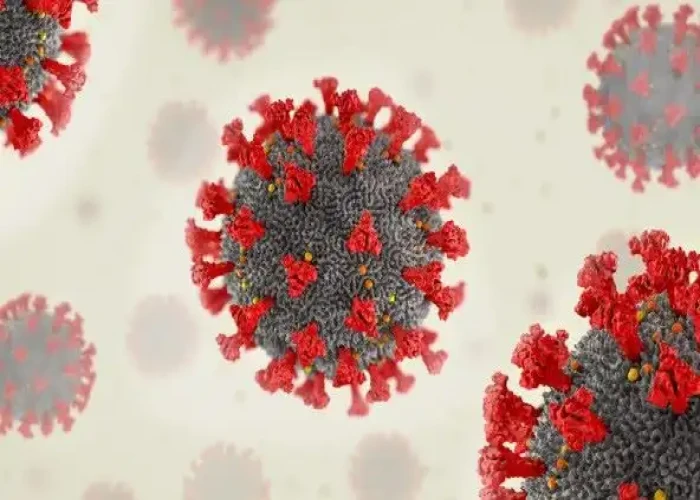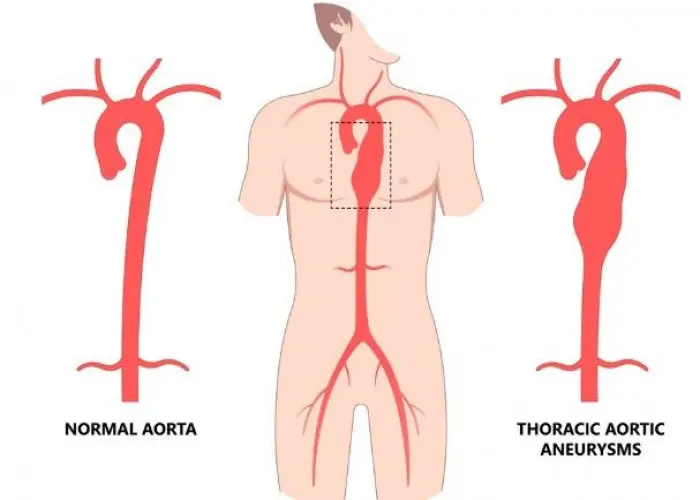 Welcome
Welcome
“May all be happy, may all be healed, may all be at peace and may no one ever suffer."
Selective IgA deficiency

Selective IgA deficiency is a medical condition in which a person has very low levels or a complete absence of immunoglobulin A (IgA) antibodies in their blood. IgA is an antibody that plays an important role in the immune system's defense against infections. Selective IgA deficiency is one of the most common primary immunodeficiency disorders, affecting approximately 1 in 600 individuals.
The cause of selective IgA deficiency is not entirely understood, but it is thought to be related to genetic factors. Most people with selective IgA deficiency do not experience any symptoms, but some may be more susceptible to certain infections, particularly in the respiratory and gastrointestinal tracts. In rare cases, selective IgA deficiency can be associated with autoimmune diseases or allergic conditions.
Diagnosis of selective IgA deficiency involves a blood test to measure IgA levels. Treatment typically involves managing infections with antibiotics and immunoglobulin replacement therapy to provide temporary immunity against infectious diseases. It is important for individuals with selective IgA deficiency to receive appropriate medical care and follow proper hygiene practices to prevent infections.
Research Papers
Disease Signs and Symptoms
- Pneumonia
- Ear infections
- Recurrent sinusitis
- Allergy
- Asthma
- Diarrhea
Disease Causes
Disease Prevents
Disease Treatments
Most people with selective IgA deficiency don't need treatment unless they have frequent infections. In some cases, treatment may include a long course of antibiotics to help prevent an infection from returning.
Disease Diagnoses
Disease Allopathic Generics
Disease Ayurvedic Generics
Disease Homeopathic Generics
Disease yoga
Selective IgA deficiency and Learn More about Diseases

Priapism

Gilbert's syndrome

Thrombocytosis

Gastritis

Severe acute respiratory syndrome (SARS)

Baby acne

Bags under eyes

Ehlers-Danlos syndrome
selective iga deficiency, সিলেক্টিভ আইজিএ ঘাটতি
To be happy, beautiful, healthy, wealthy, hale and long-lived stay with DM3S.
